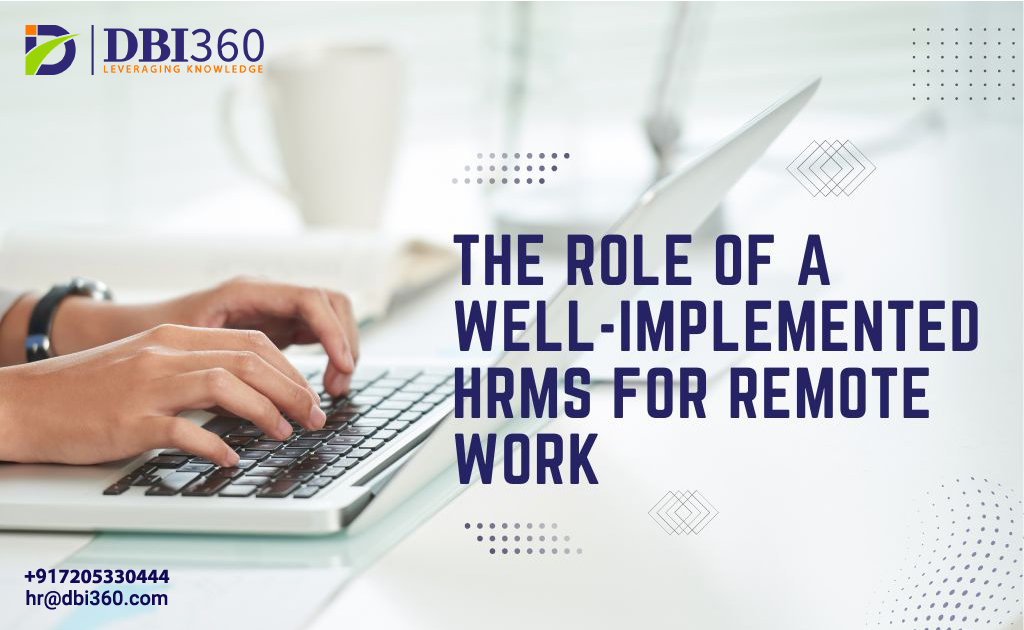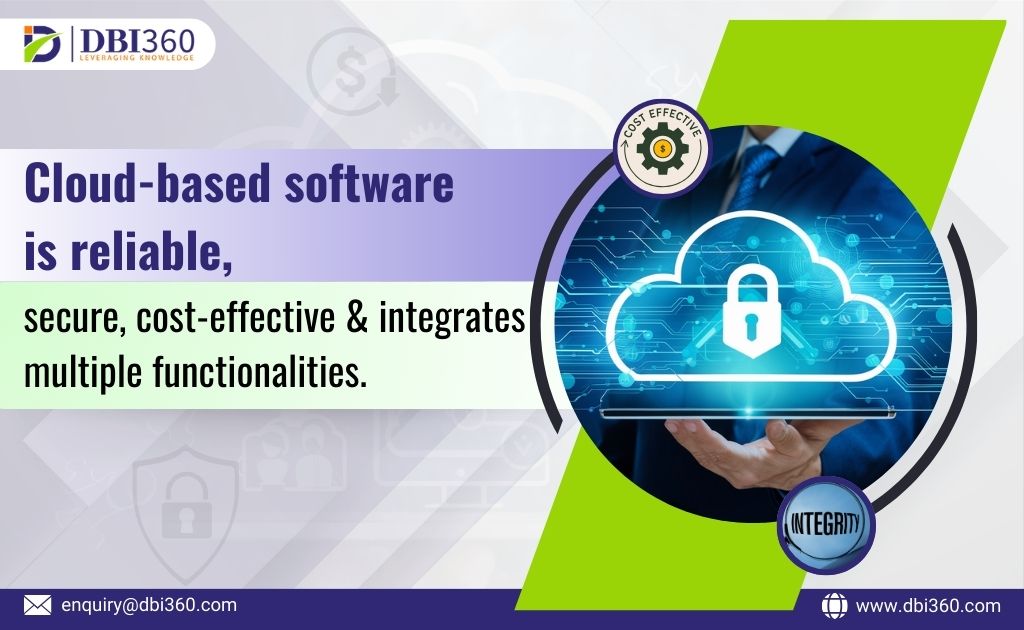The COVID-19 pandemic has forced many organizations to shift to remote work and virtual teams. It has created a need for tools and systems to facilitate remote work and manage virtual teams. Human resource management systems (HRMS) are one such tool that can help organizations manage their remote workforce and virtual teams more effectively.
Challenges of Managing Remote Teams
Managing remote teams has become more common in recent years, and the COVID-19 pandemic has only accelerated this trend. While there are many benefits to remote work, managing remote teams also comes with its own set of challenges. Here are some of the biggest challenges of managing remote teams:
- Communication:
One of the biggest challenges of managing remote teams is communication. When teams are not working in the same physical location, it can be difficult to keep everyone on the same page. Communication can be further complicated by time zone differences, language barriers, and technological issues.
- Trust:
When team members are working remotely, managers may struggle with trust issues. Managers may worry that remote team members are not working as hard or as efficiently as they would be if they were working in the office. This lack of trust can lead to micromanagement, which can in turn lead to decreased morale and productivity.
- Culture:
Maintaining a positive team culture is another challenge in managing remote teams. When team members are not working in the same physical location, it can be difficult to build a sense of camaraderie and shared purpose. Managers may struggle to create a strong team culture that motivates team members to work towards a common goal.
- Technology:
Technology can be both a blessing and a curse for remote teams. While technology allows team members to work from anywhere, it can also be a source of frustration if the technology is not working properly. Managers may struggle to ensure that remote team members have access to the right technology and that everyone is using the same tools and systems.
- Isolation:
Remote team members may feel isolated and disconnected from their colleagues. Without the opportunity to interact face-to-face, team members may struggle to build meaningful relationships with one another. Managers may need to find ways to help remote team members feel more connected to the team and the company.
How Can HRMS Bring a Huge Difference for Remote Teams?
Here are some of the benefits of using an HRMS for remote work and virtual teams:
Centralized System: An HRMS provides a centralized system for managing employee data, such as personal information, attendance, leave, and performance. It can help organizations keep track of their remote workforce and virtual teams more effectively and efficiently.
Collaboration: HRMS can facilitate collaboration between team members, managers, and HR personnel. It can help ensure everyone is on the same page and working towards the same goals, even remotely.
Automation: HRMS can automate various HR processes, such as leave management, attendance tracking, and performance evaluations. It can save time and increase efficiency, allowing HR personnel to focus on more strategic tasks.
Employee Self-Service: An HRMS can provide employees with self-service access to their personal information, such as their attendance, leave, and pay. It can reduce the workload on HR personnel and improve employee engagement.
Analytics: HRMS can provide analytics on various HR metrics, such as employee engagement, retention, and performance. It can help organizations make data-driven decisions and improve their remote work and virtual team management strategies.
In addition to these benefits, an HRMS can help organizations comply with various legal and regulatory requirements related to remote work and virtual teams.
Conclusion:
The shift to remote work and virtual teams has created a need for tools and systems to facilitate remote work and manage virtual teams effectively.
An HRMS can help organizations manage their remote workforce and virtual teams more efficiently, providing a centralized system for managing employee data, facilitating collaboration, automating HR processes, providing employee self-service, and providing analytics on various HR metrics.
By utilizing an HRMS, organizations can improve their remote work and virtual team management strategies, enhance employee engagement and retention, and ultimately achieve tremendous success.









